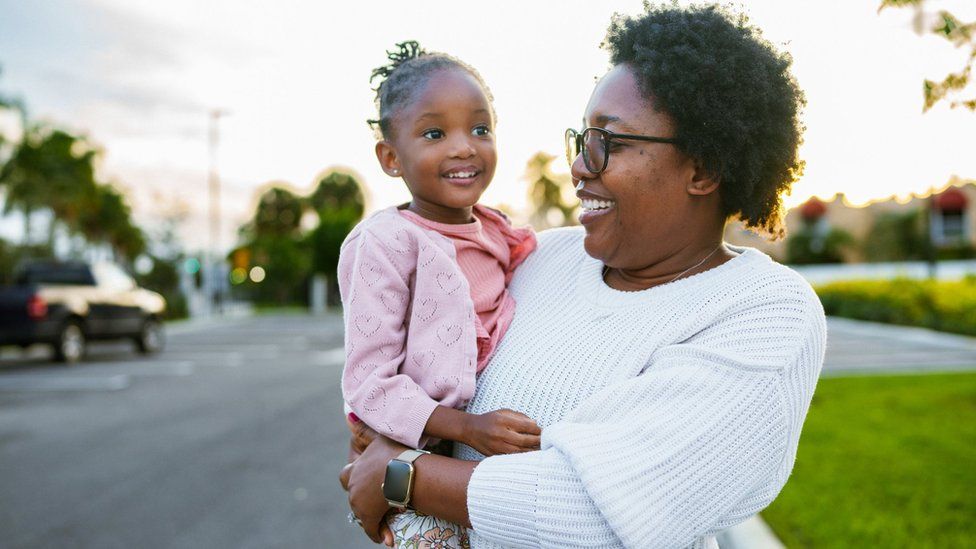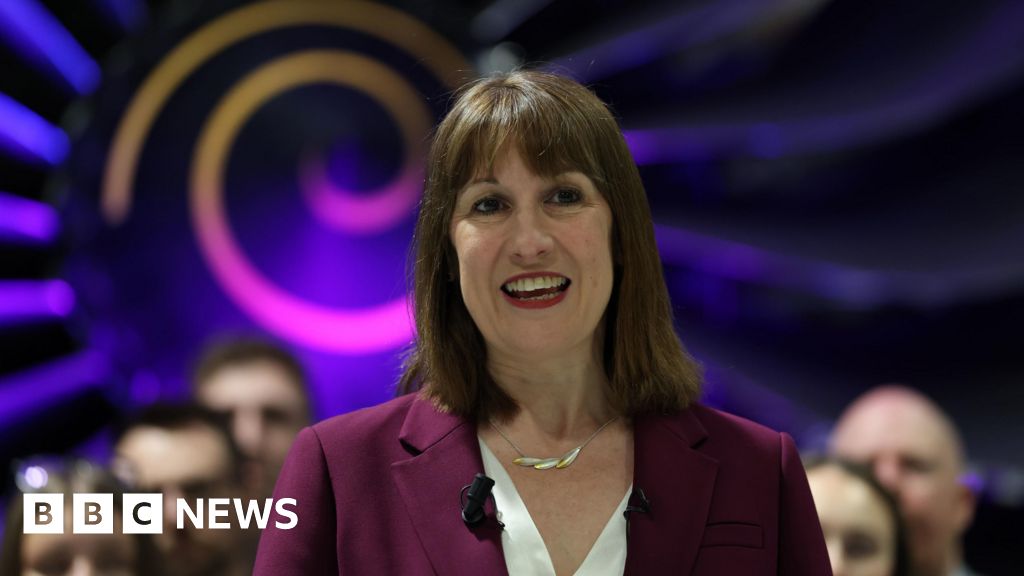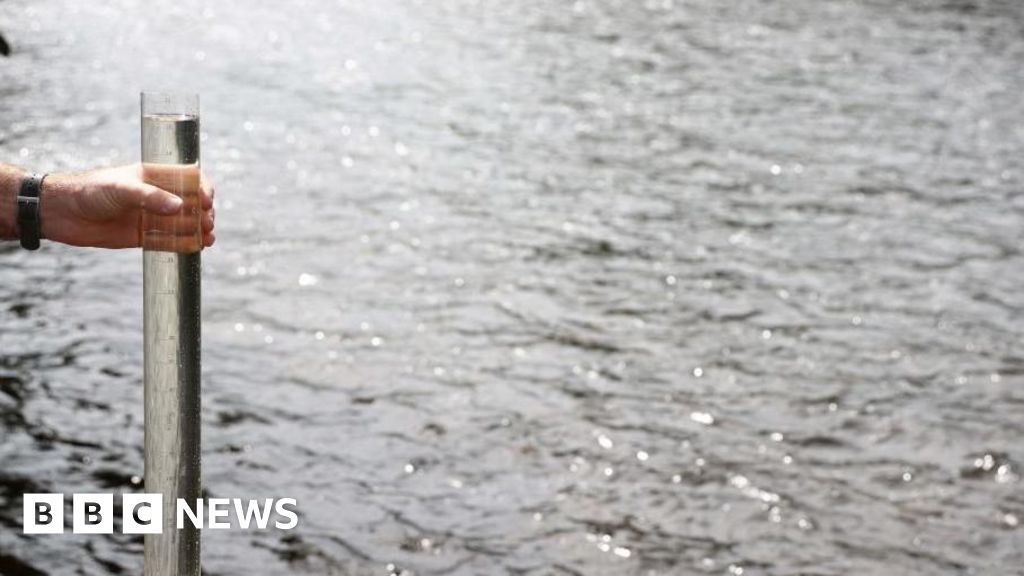ARTICLE AD BOX
 Image source, Getty Images
Image source, Getty Images
The chancellor has increased the income level at which people start being charged for receiving child benefit.
Previously, the benefit began to be withdrawn when one parent earned more than £50,000 a year.
But in his Budget speech, the chancellor said the threshold for the benefit charge would go up to £60,000 from April.
He also announced a consultation on the system, which has been criticised for penalising single parents.
Under the current system, if one partner earns more than £50,000, child benefit starts being gradually withdrawn, such that if they earn £60,000, they do not receive any child benefit at all.
This means two parents earning £49,000 a year each would receive child benefit in full - but a household with one working parent or a single-income household earning more than £50,000 would see the benefit cut.
This threshold figure had not changed since 2013, despite childcare costs and the cost of living soaring over the last few years.
However, the chancellor has now raised the lower threshold, and said that the top of the taper at which the benefit is withdrawn completely will go up to £80,000.
He said the changes would take 170,000 families out of paying the charge altogether.
By April 2026, the plan is to move it to a system of household income, not that of individuals.
"We will therefore consult on moving the high-income child benefit charge to a household-based system to be introduced by April 2026," the chancellor said.

 1 year ago
28
1 year ago
28








 English (US) ·
English (US) ·